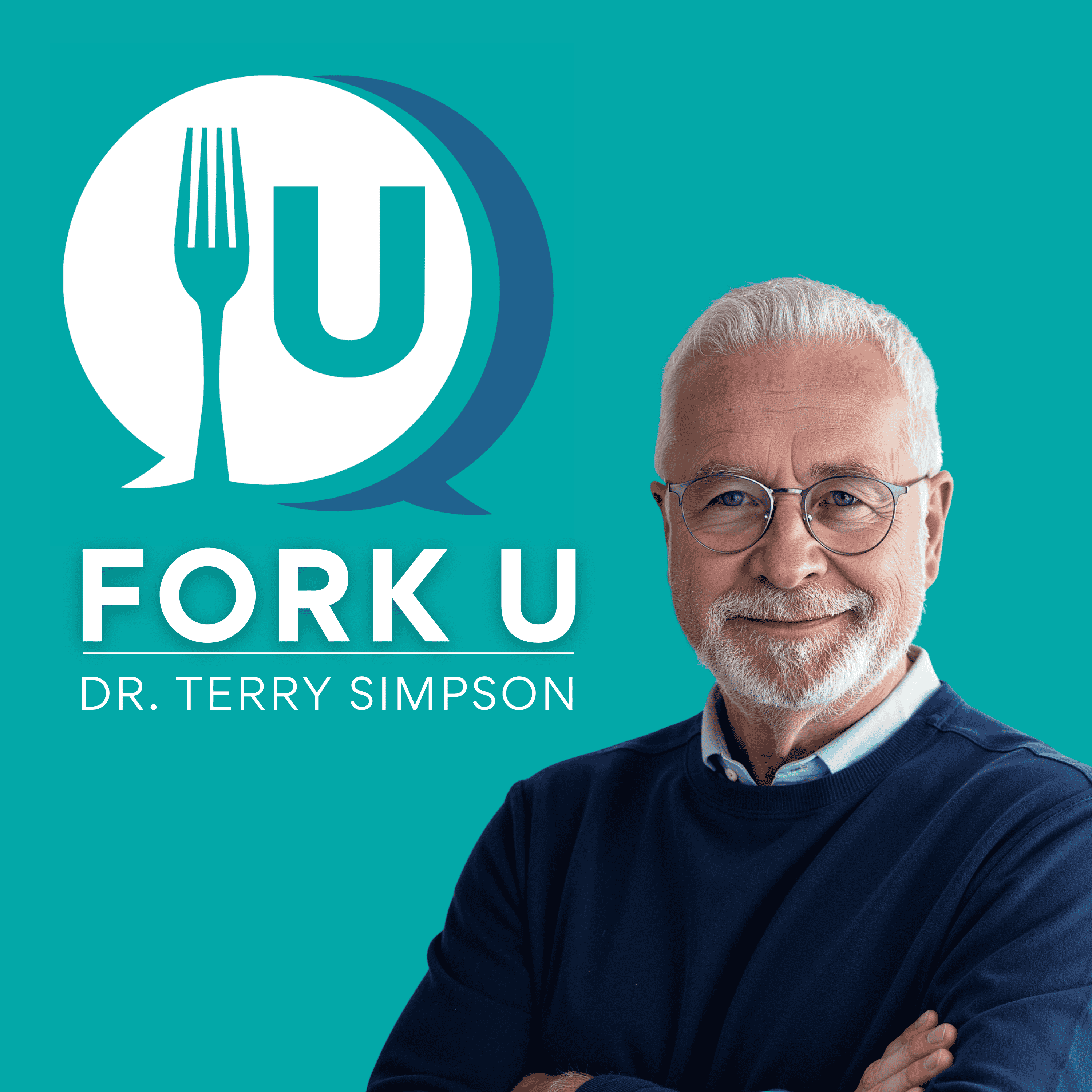Episode 34
Erythritol and Heart Attacks: Is It Hype?
Erythritol and Heart Attacks: Is It Hype?
Does the artificial sweetener erythritol increase the risk of heart attacks? In fact, some say that this is just hype.
The article abstract can be found here.
Erythritol is an artificial sweetener
It has been used for years in food as a "non-nutritive sweetener." Erythritol is used in many processed foods, replacing the calories from sugar. The Food and Drug Administration considers erythritol a food additive (GRAS). As a food additive, erythritol has never been tested for its toxicity or long-term use.
The case for artificial sweeteners
While artificial sweeteners decrease calories, do they decrease obesity? They have been shown to decrease obesity among teenagers (ref here). By reducing calories, it seems obvious that obesity would decrease. And yet, this has not been a consistent result
A study showed that increased erythritol led to increased obesity. And that was just the erythritol your body makes.
But your body makes erythritol
Since your body makes erythritol. Does that mean it must be safe?
The human body produces many toxic substances. For example, formaldehyde. Humans produce about 1.5 ounces of formaldehyde a day.
Acetaldehyde is a breakdown product of ethanol. Drink too much alcohol, and you will produce enough acetaldehyde to kill you.
The case against artificial sweeteners
There have been a number of peer-reviewed journal articles showing that artificial sweeteners have adverse consequences:
- Weight gain and obesity (ref)
- Insulin resistance (ref)
- Type 2 Diabetes (ref)
- Stroke, heart disease, and all-cause mortality (ref)
- Increased heart deaths in women (ref)
How much we make
We have about ten micromoles per liter of blood. That would be the baseline level. Blood levels with 1000 times as much erythritol are found in people who consume it as a sweetener.
One study showed that erythritol led to improved blood vessel function after drinking erythritol for a month (ref). But this was in healthy young adults. What about people with underlying heart disease?
It's not hype - the study
The Erythritol study was done by the highly regarded Cleveland Clinic and published in the journal Nature Medicine. It was peer-reviewed, meaning many other scientists looked at that data and concluded the study was worthy of being included in this prestigious journal.
What this study examined was the correlation of erythritol with people prone to heart disease. They studied people at risk for heart disease. Such as those with high blood cholesterol, diabetes, obesity, or hypertension. They looked at the blood levels of erythritol. Data divided the patients according to how much erythritol was in their blood. What they found was that those with the highest levels of erythritol had the highest incidence of heart disease, strokes, and cardiac deaths of any other group when they followed them for three years.
They found the same results in both a cohort of people from the United States, which had over 1100 participants, and in an identical cohort of over 2000 people from Europe. The higher the level of erythritol in the blood, the more likely they were to have heart attacks, strokes, or die in the next three years.
Criticisms
Some criticized the study for not doing a dietary history of erythritol. This criticism is invalid, as normal levels of erythritol in the blood are 1000 times less than what you get when you use erythritol in food. Blood levels of erythritol are a better validation of what is in the diet than a dietary history. Not only is it hard to remember what products might contain erythritol, but in the US, some products with erythritol are not required to list it in their ingredients.
Another criticism was that they used people already prone to heart disease. That was the point of the article. By taking the highest risk group, those with high cholesterol, are obese, or have diabetes, you can shorten the time to see the effect. You already have disease, and you want to see if the erythritol makes things worse. In this case, those with high levels of erythritol were prone to a heart attack in three years.
If you take a group of young healthy people, erythritol tends to make their blood vessels a little more compliant. In contrast, in older people with stiffer arteries, erythritol has a worse effect.
Overall, the study was well executed and clearly warrants further investigation.


